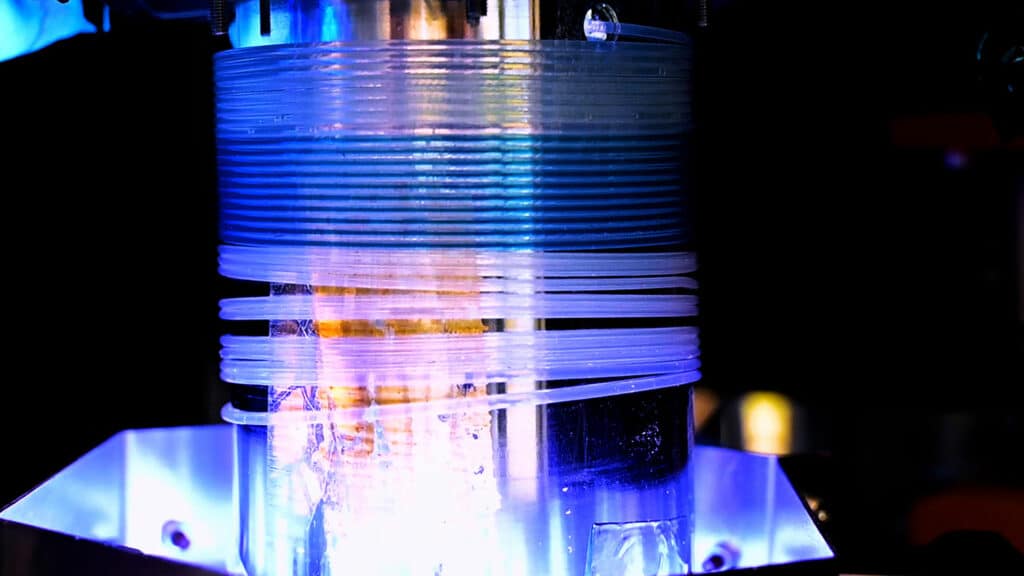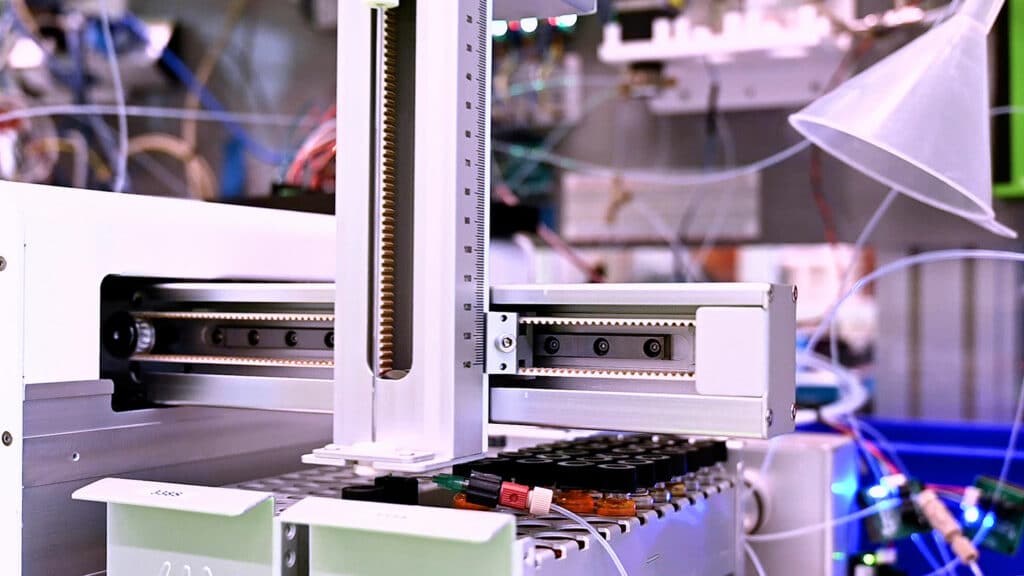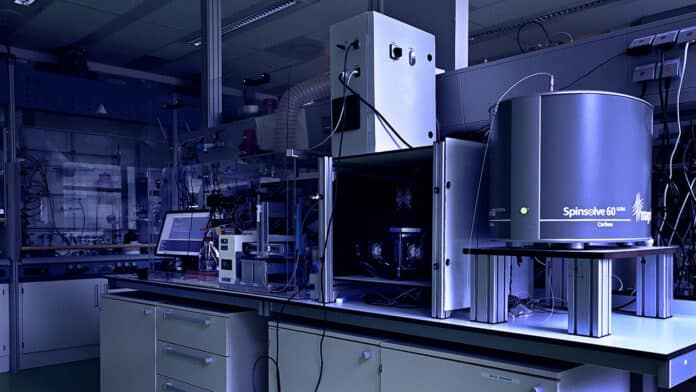A team of researchers from the University of Amsterdam (UvA) has developed an autonomous chemical synthesis robot with an integrated AI-driven machine learning unit. Named RoboChem, the robot can outperform a human chemist in terms of speed and accuracy while also displaying a high level of ingenuity.
RoboChem was developed by the group of Prof. Timothy Noël at the UvA’s Van ‘t Hoff Institute for Molecular Sciences. According to their research paper, RoboChem is a precise and reliable chemist that can perform a variety of reactions while producing minimal amounts of waste. What’s impressive is that it works autonomously around the clock, delivering results quickly and tirelessly.
According to Noël, the system can optimize the synthesis of about ten to twenty molecules in a week, which would take a PhD student several months. The robot not only yields the best reaction conditions but also provides the settings for scale-up.
The Noël group specializes in flow chemistry, an innovative approach that replaces beakers, flasks, and other traditional chemistry tools with a system of small, flexible tubes. In RoboChem, a robotic needle carefully collects starting materials and mixes these together in small volumes of just over half a milliliter.

The mixture then flows through the tubing system towards the reactor, where the light from powerful LEDs triggers the molecular conversion by activating a photocatalyst included in the reaction mixture. The flow then continues towards an automated NMR spectrometer that identifies the transformed molecules. These data are fed back to the computer that controls RoboChem in real-time.
“This is the brain behind RoboChem,” says Noël. “It processes the information using artificial intelligence. We use a machine learning algorithm that autonomously determines which reactions to perform. It always aims for the optimal outcome and constantly refines its understanding of the chemistry.”
Moreover, the team used RoboChem to replicate previous research published in four randomly selected papers. They then determined whether Robochem produced the results accurately or improved them.

“In about 80% of the cases, the system produced better yields. For the other 20%, the results were similar,” Noël says in a statement. “This leaves me with no doubt that an AI-assisted approach will be beneficial to chemical discovery in the broadest possible sense.”
Researchers say the relevance of RoboChem and other ‘computerized’ chemistry also lies in the generation of high-quality data, which will benefit the future use of AI. RoboChem produces a complete and comprehensive dataset where all relevant parameters are obtained for each individual molecule.
The system also records ‘negative’ data. In current scientific practice, most published data only reflects successful experiments. Researchers emphasize the significance of failed experiments, which can only be found in the researchers’ handwritten lab notes.
